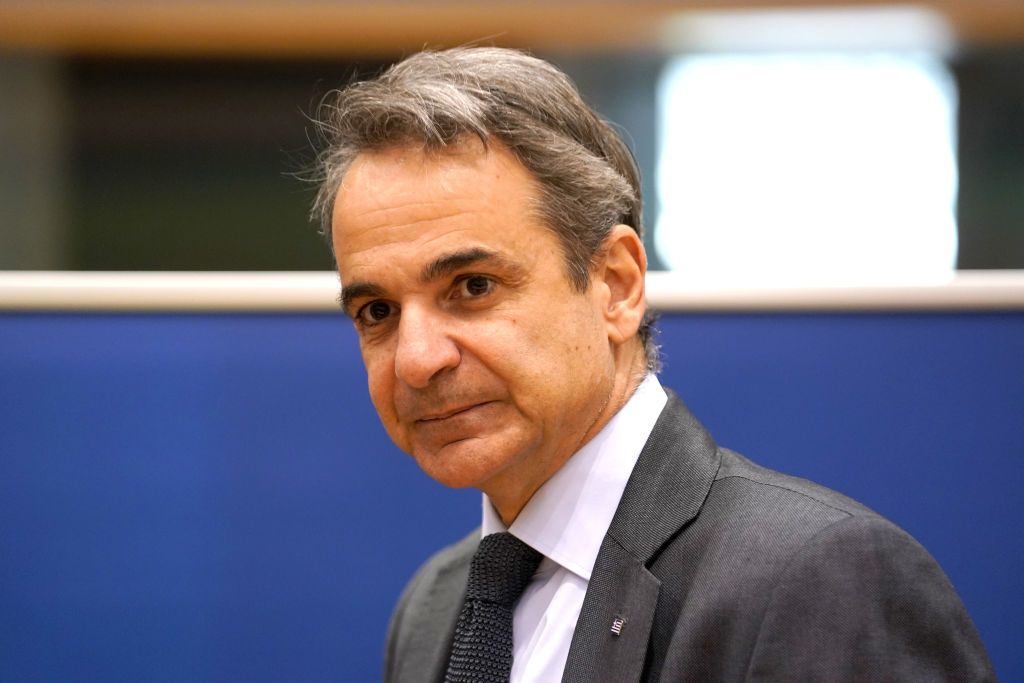Greek Prime Minister Kyriakos Mitsotakis announced that Greece will not be supplying Ukraine with Patriot air defense systems or S-300 missiles, despite pressure from the European Union to provide assistance to Kyiv. Mitsotakis emphasized the importance of Greece’s own deterrence capabilities and stated that sending these defense systems to Ukraine would pose a risk to Greek air security. While Greece has supported Ukraine in various ways, including with defense materials, Mitsotakis made it clear that critical air defense systems would not be provided to Ukraine.
The decision not to supply Ukraine with air defense systems comes at a crucial time when Ukraine is facing escalating Russian strikes and civilian casualties. Ukrainian President Volodymyr Zelensky has urged allies to move from discussions to concrete decisions on air defense aid, following a recent Russian missile attack on Dnipro. The urgent need for additional air defenses in Ukraine has become apparent, and Zelensky has called on partners to provide assistance in this critical area. The denial of air defense systems from Greece highlights the challenges Ukraine faces in securing this vital support.
In response to the escalating situation in Ukraine, other countries have stepped up to provide military aid and support. Denmark announced an additional $633 million in military support to Ukraine, showing solidarity with Kyiv in the face of Russian aggression. Additionally, the United States secretly sent over 100 ATACMS missiles to Ukraine last week, further bolstering Ukraine’s defense capabilities. These actions demonstrate the international community’s commitment to supporting Ukraine in its defense against Russian aggression and protecting its sovereignty.
The denial of air defense systems from Greece underscores the complexities of balancing national security interests with international obligations. While Greece has expressed its support for Ukraine in various ways, including with defense materials, the decision not to provide critical air defense systems reflects the need to prioritize its own security. The challenges of navigating alliances and bilateral relationships in times of conflict highlight the delicate balance that countries must maintain in meeting their obligations while safeguarding their own interests.
As Ukraine continues to face significant challenges in defending its territory and population, the need for robust international support remains crucial. The provision of military aid and equipment from allies such as Denmark and the United States helps bolster Ukraine’s defenses and demonstrates solidarity in the face of Russian aggression. The denial of air defense systems from Greece serves as a reminder of the complexities involved in navigating security considerations and international obligations amid ongoing conflicts in the region.
Overall, the decision by Greece not to supply Ukraine with air defense systems is a reflection of the delicate balance that countries must strike in navigating alliances and prioritizing national security interests. While the denial of critical defense systems may present challenges for Ukraine, the international community continues to demonstrate its support through military aid and assistance. As the conflict in Ukraine persists, it remains essential for allies to stand together in solidarity with Kyiv and uphold the principles of sovereignty and territorial integrity.


